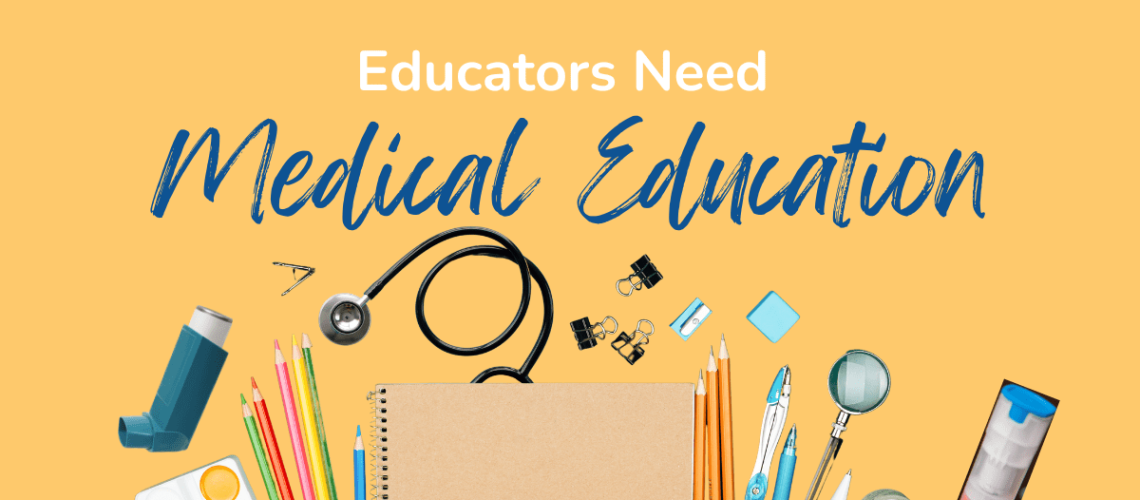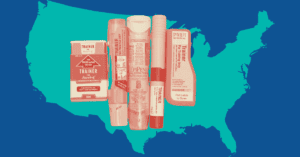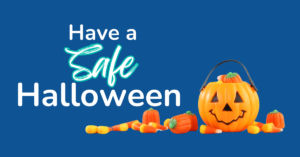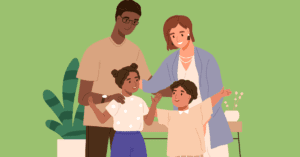It is no secret that teachers are expected to or asked to play many roles on their campuses and in their communities – educator, coach, counselor, advocate, and many more – so why is adding something else to their plate so important?
No problem can be fixed until a problem is identified. Whether your campus has a nurse or not, school staff need to be able to recognize that an emergency is happening and respond effectively. While school staff are NOT first responders, they are IMMEDIATE responders and need to know when more help is needed.
Education vs. Training
What is the difference is your staff getting trained and getting educated? We consider education any knowledge that you get about a topic with the training incorporating a hands-on understanding of how to use the emergency device or medication. For example, in our EpiReady program, most staff take our Food Allergy for Educators while, typically, a small group takes the training about stock epinephrine as that includes hands-on usage of epi auto-injectors.
Education is something that gets the school community vital knowledge about a medical condition impacting students from a 4000-foot view. This allows everyone to be on the same learning level and reduces inconsistent support to students. Education courses can easily be found online for most of the emergencies that could happen on your campus – Med-E Ready has some of our favorites – and can be done in under 30 minutes.
Training goes more in-depth on medical conditions and includes hands-on testing of deactivated or trainer versions of the needed emergency medication or devices. While it would be great if everyone could get trained for every emergency, we know that schedules, funding, or other logistics may not make that feasible!
What are the risks of NOT being prepared?
Medical emergencies are the most common emergencies on school campuses. If you haven’t experienced one yet, one will happen at some point so why not feel comfortable in recognizing quickly? Medical education is the solution to that.
Bad outcomes can come from not being able to recognize an emergency before it is too late. There are examples across the country that show that quick recognition of things like anaphylaxis and sudden cardiac arrest have saved lives – the opposite is also unfortunately true.
Depending on your state, you may already be required to get educated on common medical conditions that cause emergencies on campus and how to recognize and respond. Your school may even already have a policy addressing this education but it has not been fully communicated yet. By getting educated, you can ensure that you are not liable if there is a bad outcome – unlike this school in California.
While teachers have more than enough to do every day, integrating medication emergency education into yearly professional development or sending out short education courses can ensure that students and communities are just that much safer!




